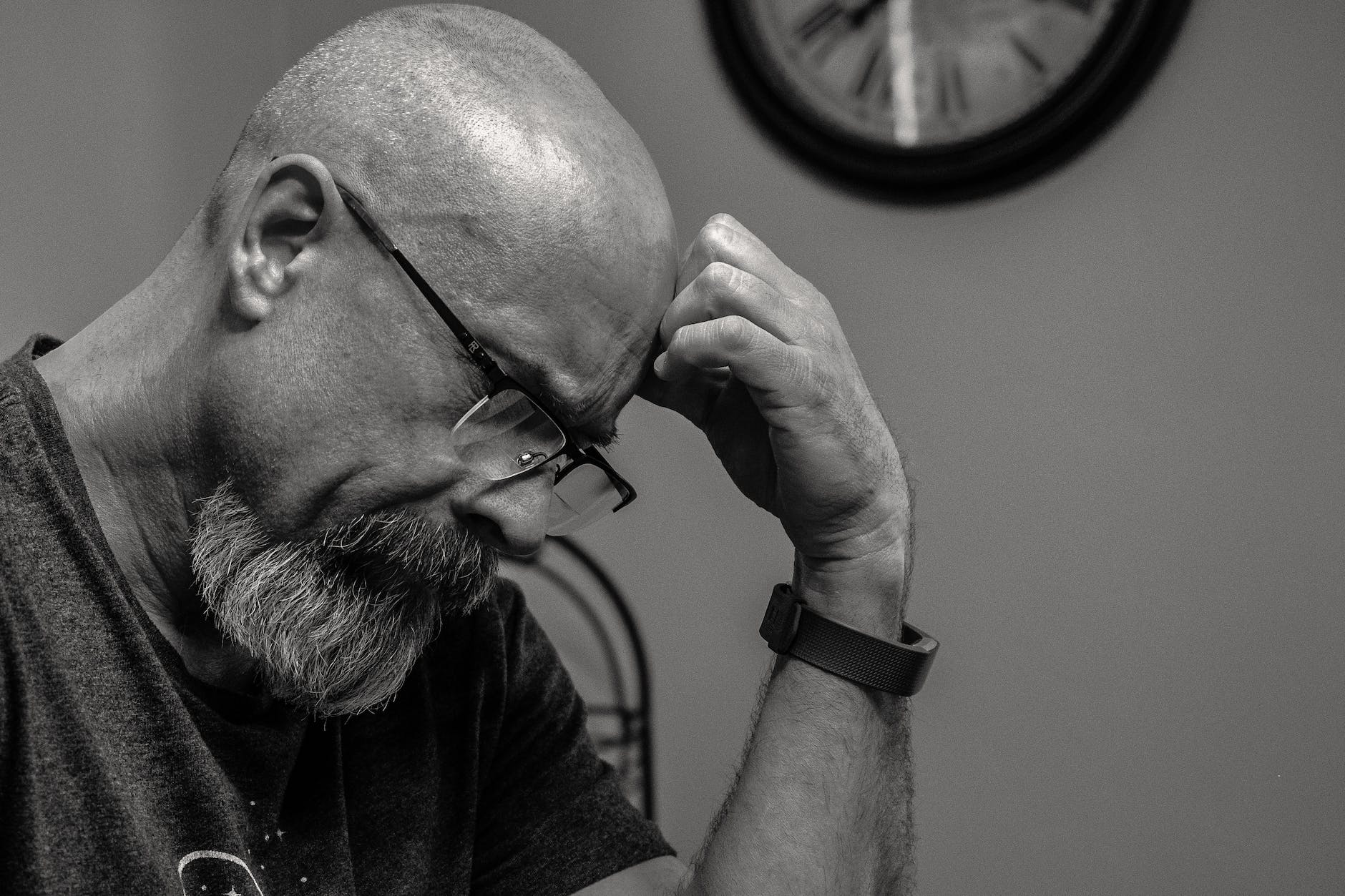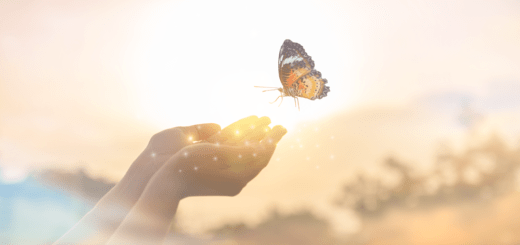When You Repeatedly Fail To Form Healthy Habits

Before diving in, please note: This post is for informational purposes only. If you’d like to know more about how we approach topics, feel free to check out our friendly Disclaimer Page.
Hey there, amazing readers! 🖐️ Just a quick note: yes, we know there are a lot of ads here. Trust us, we get it—it’s not the prettiest look, but they help us keep this blog alive and kicking. Those pesky little ads cover the costs of all the behind-the-scenes magic, from hosting and tech stuff to creating content we hope you’ll love.
We’re committed to delivering quality posts, and your support (even just sticking around despite the ads) means everything to us. So, bear with us, and thanks for helping us keep the good vibes rolling. Now, on to the fun stuff! 😉
TRANSLATE BUTTON AT THE END OF THE ARTICLE
If today was a rough one for you, just keep in mind that tomorrow is a fantastic gift and a fresh start for you to make things better. ~Bryant McGill
I chastised myself, “You gave up once again,” as I slid back into bed after clicking the snooze button, my eyelids already heavy with sleep.
I turned over and went back to sleep, furious with myself for having given up once again.
Two months before, I had gotten into the practice of waking up early (about 5am) each day to meditate for 15 minutes, writing for 30 minutes, then workout for 30 minutes.
This routine was inspired by Hal Erold’s book The Miracle Morning.
It was a wonderful experience when I first began the new routine.
I was very pleased with myself since I was really achieving my goal.
I definitely felt the advantage of being productive before everyone else gets up in the morning, in addition to the gratification that came from fulfilling objectives that I had set for myself.
It had a beneficial domino effect on the other aspects of my life; as a result, I felt optimistic and driven, and I went to work with a bounce in my step.
Then, after about two months had passed, regular life resumed its course: I had gone to bed later the previous evenings (drinks with coworkers, watching a movie), and exhaustion, along with maybe the weariness of the new habits, rapidly seized control of my life.
On that particular morning, I did not spring out of bed enthusiastically, and I found myself yearning to turn over rather than begin my “miracle morning.”

If you are a human being like myself, you have probably experienced the phenomenon of picking up new habits, only to abandon them two to three weeks or months later.
If so, you are probably extremely acquainted with this phenomenon.
The most well-known example of this is making resolutions for the new year.
Who hasn’t made a pact with themselves that they’ll go to the gym three times a week, give up eating junk food, or give up drinking alcohol entirely?
We are quick to adopt novel practices, only to abandon them within a few of weeks’ time.
Have you ever observed how you feel when you first start doing anything vs how you feel when you finally give up?
When we begin on January 1st, we cannot fathom that there will ever be another day in our lives on which we will not immediately spring out of bed and rush to the gym.
We are determined to change that.
We ponder, “How is it possible for me to ever be devoid of motivation?
It’s a really exciting time!
And why haven’t I been doing this all along?
But somehow, it always manages to work out that way, and putting things off becomes the new routine.
When we put off doing anything, we inevitably feel guilty about it, which may lead to a decline in our self-esteem.
If there is always a small voice in your brain telling you that you have failed at this or that, it will undoubtedly have a very detrimental impact on the quality of your life.
Even with the limitations that come with being human, such as the inability to maintain new routines, it is my hope that I may assist you in developing a positive self-image with the following advice.
You don’t need to be hard on yourself for not keeping up with your new healthy routines.
You are not the only one out there; in fact, we all engage in this behavior (or not doing it).
When I first started a new habit, I would become quite frustrated with myself if I ever stopped doing it because I would get the impression that my objective had not been accomplished.
On the other hand, I believe that we need to look at things from a different angle unless you are in a precarious position and have an urgent need to make significant changes to the way you live your life.
You can’t ignore the fact that you have, for whatever little a period of time it lasted, spent your life doing something else that was better for you than whatever it was that you were doing at the time, even if it is true that it might be better.
Start your journey to a "Purpose-Driven Life" – click here to learn more.
Have you ever quit smoking, only to pick it up again after a break of three months?
Consider it in this light: during the last three months, your body has been healthier, and you’ve probably gained back a few minutes of your life as a result.
Wouldn’t it be preferable to give up smoking completely rather than try to kick the habit for just a portion of the year?
Would you find it easier to deal with the situation if I told you right now that your goal is to abstain from smoking for a period of three months each year?
There are not many things that we can do to make these new routines simpler to deal with.
I believe that we should place a greater emphasis on the fact that we have improved ourselves in some way, even if we haven’t been able to keep it up.
The following are the three primary aspects that need your attention:
1. Determine a time frame for which your new routine will be in effect.
Why not set a date for when you will stop doing it if you know that you will eventually fail at it, even if you could do it for a while?
This may seem straightforward, but the crucial distinction is that you have complete command over when you quit.
This will not only make it simpler to process, but it will also make it more likely that you will be able to maintain the habit for a longer period of time than you would have been if you hadn’t given yourself a deadline.
I personally have participated in the experiment.
My new morning routine consists of getting up early, practicing meditation, writing, and reading the news.
I’ve been doing this since June 7th.
Even though I was enthusiastic about this new routine, I believed there was a good chance that I would eventually give up on it, just like I had done with every previous healthy routine that was outside of my comfort zone.
Then I had this thought: what if I tell myself that it is titled “healthy habits for the summer” and that I just have to maintain it until August 7th?
Do you not think that would make things simpler?
If you have a history of giving up after just a few days, you may cut the time down to one week.
2. Take some time to think on what you have accomplished or what you have learnt, even if the practice has been discontinued.
Putting an end to something doesn’t imply you haven’t accomplished something useful.
You performed something unusual over a period of three months, and as a result, your brain and body must have profited from this.
You should also take into consideration the fact that you have gained new knowledge and most likely increased your level of self-awareness in addition to the immediate consequences that this new habit will have on your life.
Let’s assume you’ve made the decision to completely give up consuming alcohol.
Even if the new routine just sticks with you for a month, you will have gained some insight into who you are as a person.
I recently made the decision to experiment by going to the bar with my coworkers on Friday evenings without consuming any alcohol at all.
Surprisingly, as the night dragged on, I remained just as energetic and excited as I had been earlier in the evening, the same as when I was drinking on an usual Friday night.
This came as a complete surprise to me!
When I felt that my excitement was tied to my alcohol consumption, it really wasn’t; what actually happened was that I was “drunk with social engagement.” This is the precise point I’m trying to make: even though I only conducted this activity for two consecutive Fridays, I was able to glean information about myself that would be useful in the future.

3. Take a step back and think it through.
The practice of working in intervals is considered to be a beneficial approach in a variety of fields.
Running at a constant pace or continuing to run without ever recovering is not the best way for me to train as a runner, according to numerous studies that have been conducted on the topic.
Instead, I should alternate between running at a fast pace and a slow pace during a run, and I should alternate between intense workouts and periods of rest while following a training program.
The same is true for the process of education: while you are studying for your final test, it is common knowledge that it is advantageous for the brain to take pauses or switch to focusing on something else for a bit in between studying.
One might even look at it from a more macro viewpoint and say that maintaining a healthy lifestyle is all about striking a balance.
Why not switch between the two healthy new routines?
Some examples: Put an end to your bread intake for one month, and then gradually increase it to the level it was before.
Try going dry on Friday evenings for a whole month before giving up booze altogether.
Experimenting with new things is an important part of living a full life.
—

I am now at the beginning of a new habit streak at the time that I am writing this article today.
I have made the decision to write on my blog for the thirty minutes that I have to myself each morning before breakfast.
My new habits often go by the wayside whenever there is a change in my regular schedule, such as when the holidays roll around.
As a result, I have made the decision that I will only maintain my new habit for a couple of months, or until my next scheduled vacation.
It makes me sad to consider giving up this routine that I look forward to so much (bearing in mind that I’m just on day two!), but if I really want to keep doing it, I have the ability to do so.
However, if I do quit on the day that I had planned, I won’t feel guilty or as like I haven’t done anything since that was part of the plan all along.
Even if I am just successful in maintaining the habit for one month, I will consider it a victory still.
Then, it will be up to me to try to get up the motivation to pick it back up when I go back home.
It is wonderful that you are making an effort to improve the quality of your life; but, this endeavor should not have the unintended result of making you feel badly about yourself for being unable to keep up with it.
Should this occur, it will lead to anxiety and will serve no useful purpose.
Take baby steps toward a healthy living, be sure to enjoy the process, and set aside some time to think about what you’ve discovered about who you are as a result of your journey.
That will allow both your body and your mind to experience the most positive effects of the transition.

The Enlightenment Journey is a remarkable collection of writings authored by a distinguished group of experts in the fields of spirituality, new age, and esoteric knowledge.
This anthology features a diverse assembly of well-experienced authors who bring their profound insights and credible perspectives to the forefront.
Each contributor possesses a wealth of knowledge and wisdom, making them authorities in their respective domains.
Together, they offer readers a transformative journey into the realms of spiritual growth, self-discovery, and esoteric enlightenment.
The Enlightenment Journey is a testament to the collective expertise of these luminaries, providing readers with a rich tapestry of ideas and information to illuminate their spiritual path.
Our Diverse Expertise 🌟
While our primary focus is on spirituality and esotericism, we are equally passionate about exploring a wide range of other topics and niches 🌍📚. Our experienced team is dedicated to delivering high-quality, informative content across various subjects ✨.
To ensure we provide the most accurate and valuable insights, we collaborate with trusted experts in their respective domains 🧑🏫👩🏫. This allows us to offer well-rounded perspectives and knowledge to our readers.
Our blog originally focused on spirituality and metaphysics, but we’ve since expanded to cover a wide range of niches. Don’t worry—we continue to publish a lot of articles on spirituality! Frequently visit our blog to explore our diverse content and stay tuned for more insightful reads.







